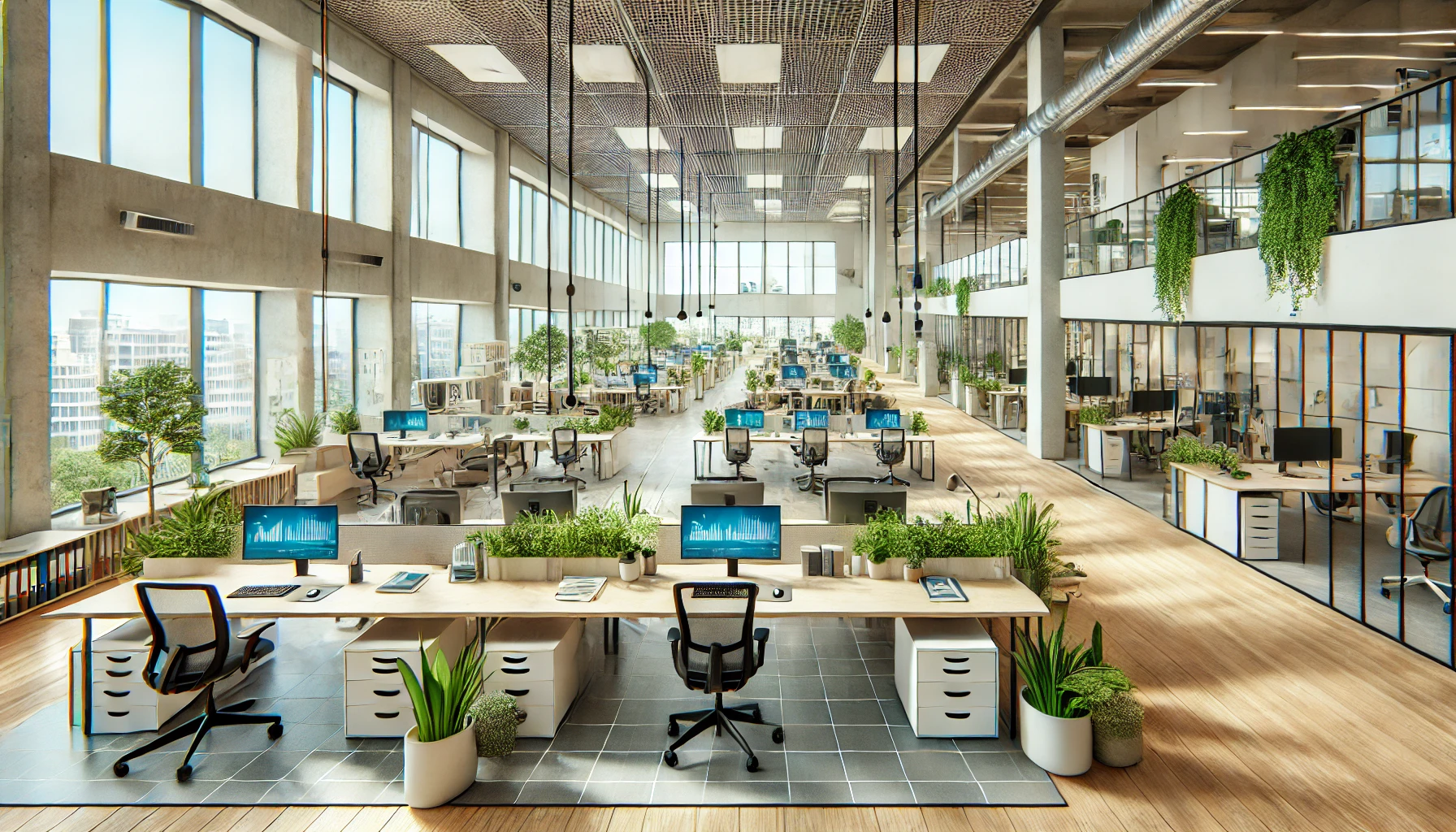Sustainability in the workplace: Employees as driving forces

The importance of sustainability in businesses is gaining increasing attention – not only from the general public but also from employees. This is the conclusion of a recent study by HEUTE UND MORGEN: The market researchers urge companies to involve their employees early in initiatives and to give greater consideration to their ideas.
Employees prefer sustainability-oriented employers
The new study, “Sustainability of companies from an employee perspective – status quo, potentials, and perspectives”, reveals that 74 % of German employees welcome their employer’s commitment to sustainability. For 40 % of respondents, sustainability in the workplace holds personal significance.
These figures result from the work of Julia Nachtsheim and her market research team at HEUTE UND MORGEN. For the representative trend study, they surveyed 1,000 employees and executives in companies with a minimum size of five employees.
Further insights include: Employees who believe their company is already acting sustainably exhibit higher loyalty to their employer. This aligns with the statement that more than one in four employees in Germany (28 %) cannot envision working for a company that does not pursue sustainability goals.
“Sustainability is evolving in an organizational perspective from a nice-to-have to an indispensable hygiene factor and must-have,” says study leader Julia Nachtsheim. “Companies that understand and embrace this beyond mandatory regulations can secure crucial competitive advantages in the fiercely contested talent market.”
Challenges and potentials of sustainability in the workplace
Despite the increasing importance of sustainability in companies, there is still room for improvement: 28 % of respondents feel that their employer has been insufficiently committed to sustainability. Only 19 % of companies prioritize sustainability, while 41 % indicate that there are more pressing issues.
Interestingly, most employees are less concerned about the specific area of sustainability their company is involved in. What matters more is that the commitment is transparent and proactive. Here, passive measures play a lesser role compared to active efforts.
Becoming sustainable through space optimization
Companies take various steps to become more sustainable. One crucial task is to assess the efficiency of office space: Are the available rooms optimally utilized? Is there still a need for space-intensive individual offices? Which types of spaces support work processes?
Through analysis, it is possible to uncover potential space savings and accommodate optimized structures in a smaller area. This allows companies to relinquish space, resulting in cost savings and an improved carbon footprint.
Tools and software programs like ReCoTech support this initiative by using algorithms to calculate the optimal office structure. At the same time, manual parameters such as individual work processes can be taken into account. The solution promotes communication between executives and the workforce: Employees can communicate which room systems already work in their daily activities, and this feedback then forms the basis for the software calculations. Sustainability thus becomes an active collaboration involving all levels of the company.
These articles might also interest you

New Partnership with the City of Böblingen: A Step Towards the Future
We are excited to announce the official partnership between ReCoTech and the City of Böblingen! This collaboration marks a significant ...

GEFMA 130-1 Sets New Standards for Sustainable and Efficient Space Utilization in Real Estate
Space management is a crucial aspect of real estate operations. It encompasses all activities related to the planning, use, and ...
New customer for ReCoTech: Welcome to STADT UND LAND
We are delighted to announce that ReCoTech has gained another significant client: STADT UND LAND Wohnbauten-Gesellschaft mbH. Our innovative workspace ...

